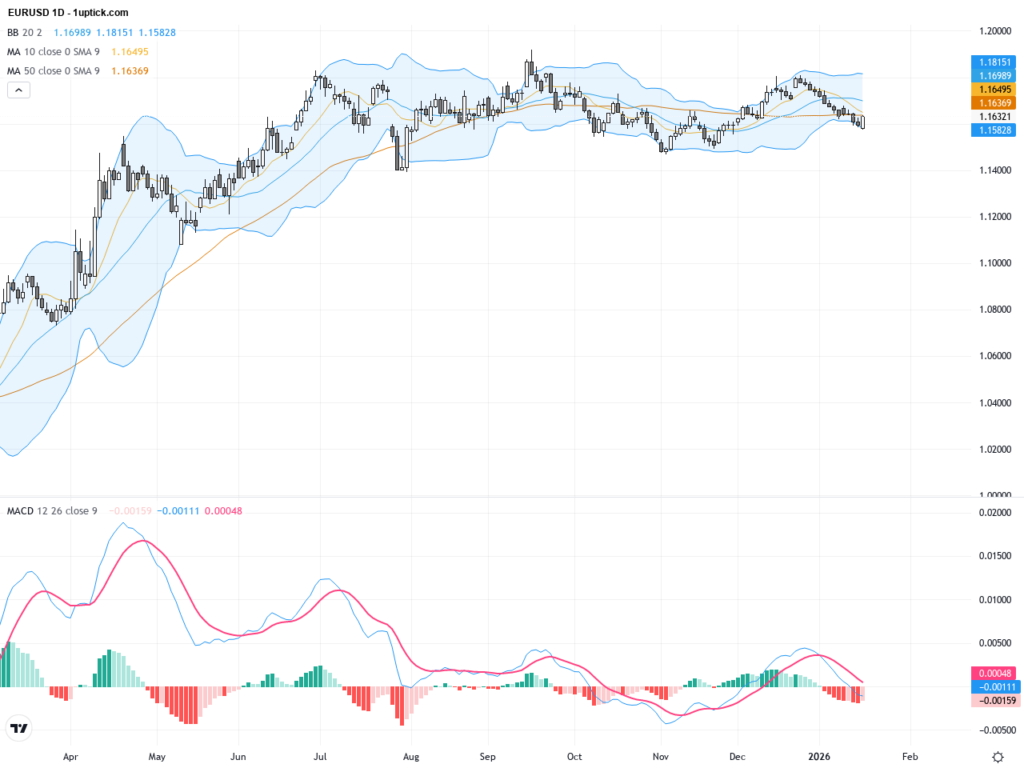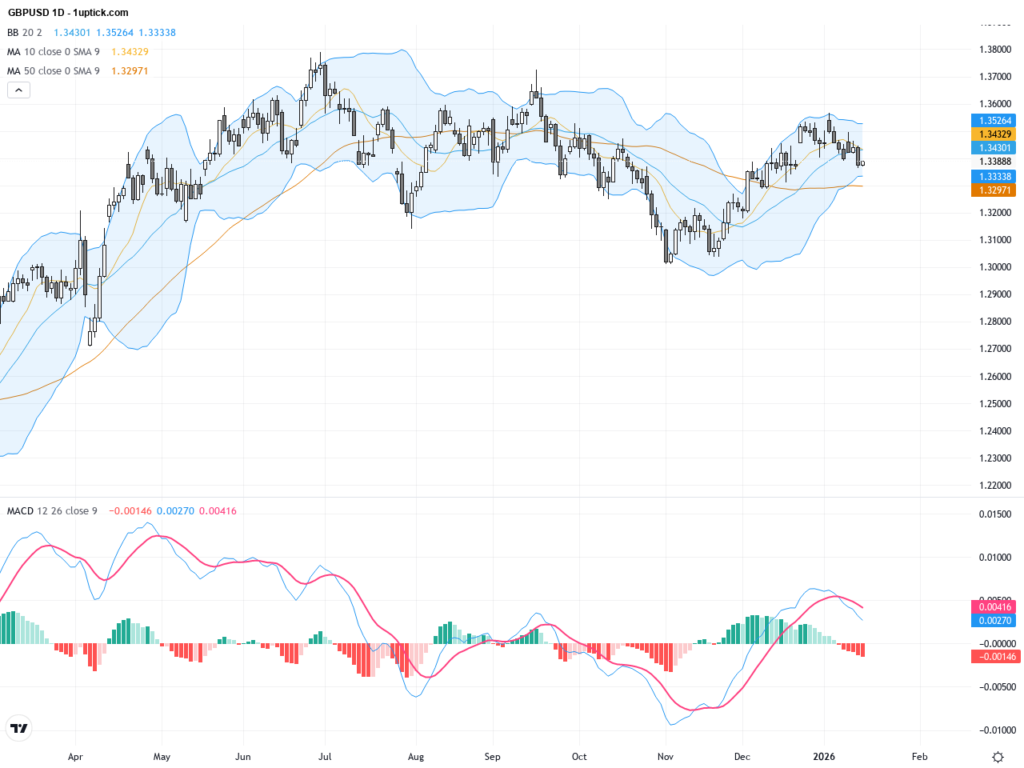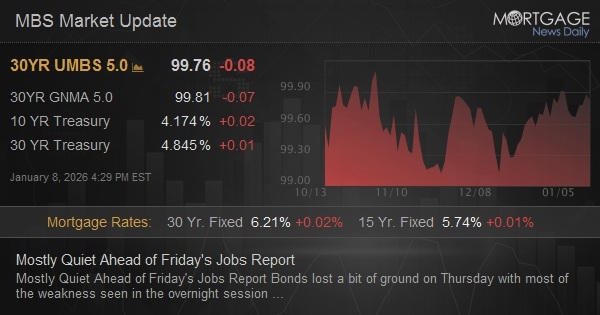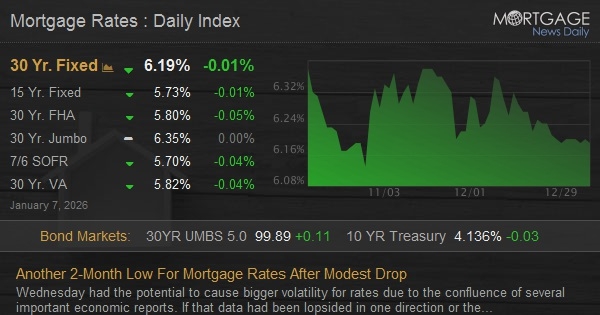 |
| Gold V.1.3.1 signal Telegram Channel (English) |
Trump Hits Back at Canada’s Digital Tax with Tariffs and Trade Talks Freeze — Tech, Auto, and Energy Supply Chains at Risk
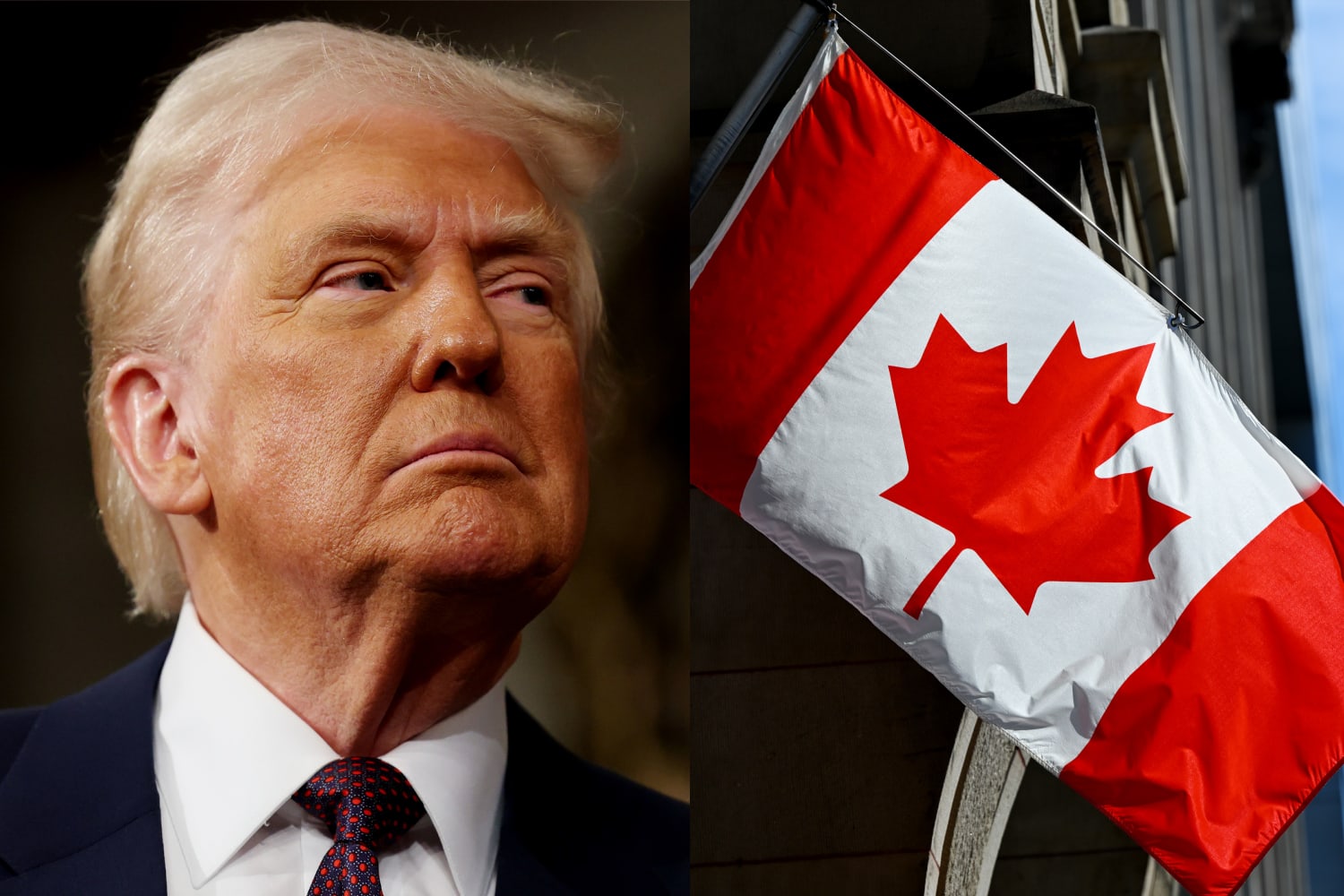
Trump Hits Back at Canada’s Digital Tax with Tariffs and Trade Talks Freeze — Tech, Auto, and Energy Supply Chains at Risk
2025-06-30 @ 13:49
In the early hours of June 30, former U.S. President Donald Trump announced on social media that the United States would immediately halt ongoing trade negotiations with Canada. This abrupt decision comes in response to Canada’s upcoming Digital Services Tax (DST), and Trump signaled that a new round of tariffs on Canadian goods could be announced within the next week. The move has raised tensions in an already strained trade relationship and caught the market’s attention.
Canada’s DST, set to take effect on October 1, 2024, imposes a 3% tax on large multinational companies with global annual revenues above €750 million (approximately HK$6.3 billion) and Canadian digital revenues exceeding CAD$20 million. The tax mainly targets firms earning revenue through online platforms, digital advertising, social media, and the monetization of user data—industries dominated by U.S. tech giants like Google, Amazon, and Meta.
Trump criticized the measure as “a direct attack on America,” adding that for years, Canada has imposed steep tariffs—up to four times higher—on U.S. agricultural exports, especially dairy products. Now, with the DST aiming squarely at American tech firms, he argued, this is yet another unfair move. He further stated that the U.S. would formally notify Canada within seven days that all trade with the U.S. could soon be subject to new tariffs.
While the immediate target appears to be tech companies, other sectors could also feel the ripple effects. Traditional export industries such as automotive, aluminum, energy, and mining could face increased uncertainty. Analysts warn this escalation might impact the stability of U.S.-Canada trade as a whole and could even put pressure on the USMCA (United States–Mexico–Canada Agreement).
In response, the Canadian government emphasized that the tax is not designed to single out American firms. Instead, it’s aimed at ensuring that profitable multinationals contribute their fair share of taxes in Canada. Officials also pointed out that similar digital taxation models have already been introduced in the European Union, aligning with broader international tax trends.
For now, markets are awaiting the specifics of Washington’s proposed tariffs and any upcoming developments in trade talks. Whether this turns into a full-blown trade dispute remains to be seen, but both sides appear to be digging in for a contentious period ahead. Investors and businesses alike would be wise to monitor the situation closely and assess potential risks to cost structures and supply chains.


